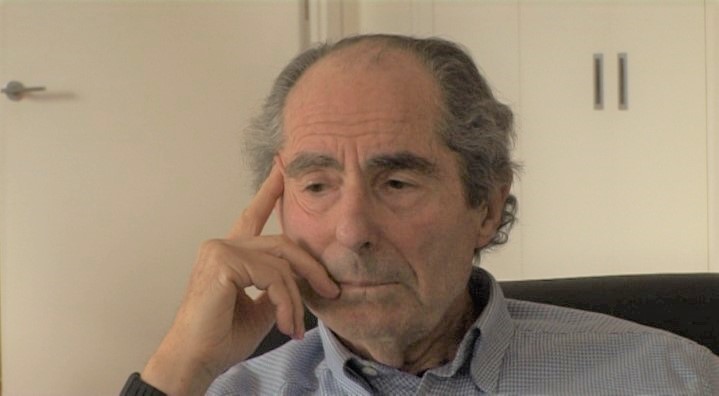NEXT STORY

Caring for my ailing father
RELATED STORIES

NEXT STORY

Caring for my ailing father
RELATED STORIES


|
Views | Duration | |
|---|---|---|---|
| 121. Assessing the power of sex words | 421 | 01:48 | |
| 122. Sex: how to handle this dynamite | 1 | 388 | 01:58 |
| 123. Writing about sex in American Pastoral | 430 | 02:18 | |
| 124. Being bold about sex | 418 | 03:16 | |
| 125. Sex: both serious and ridiculous | 364 | 03:12 | |
| 126. 'In the destructive element, immerse yourself' | 1 | 484 | 03:43 |
| 127. Creating a cast of characters | 378 | 02:59 | |
| 128. The writer's passion for thoroughness | 403 | 01:57 | |
| 129. Proust made no impact on me | 1 | 899 | 00:47 |
| 130. Patrimony: a true story | 373 | 02:45 |


When my father began to be ill, with a brain tumor, in 1987, '88, I was living in London and I came back and began to look... look after him. And there – he was in Elizabeth... Elizabeth, New Jersey – I took a hotel room in... in New York because I couldn't go from Connecticut to New Jersey all the time and travelled over to New Jersey every day to talk to him, take a walk with him, take him to the doctor when he had to go. And then I'd to come back to New York in... in the evening and I found I didn't really want to see any... any of my friends, have dinner with anybody, and I didn't want to do any of that stuff. I was too down for it.
I... I tried not to let him know I was down and was falsely cheerful as people are in those situations. But I didn't know what... what to do with myself, so at night I began to write down what had happened during the day. Just to get it down. I had no other motive. But after the months went by, I had accumulated quite a few notes and it occurred to me that I was writing a book about his end. And I didn't know how the end would end, but I knew it would end, in time. And it did, of course. And then after he was dead, I put the pages together and – fortunately I had a very good record now of what had been going on – and I made a book out of it, a non-fiction book, a memoir called Patrimony. I was... I was writing it as we were going along, so it was never a burden to me, I never had to think, how will I write this? I just wrote it, and that's how it came... that's how it came to be.
The fame of the American writer Philip Roth (1933-2018) rested on the frank explorations of Jewish-American life he portrayed in his novels. There is a strong autobiographical element in much of what he wrote, alongside social commentary and political satire. Despite often polarising critics with his frequently explicit accounts of his male protagonists' sexual doings, Roth received a great many prestigious literary awards which include a Pulitzer Prize for fiction in 1997, and the 4th Man Booker International Prize in 2011.
Title: "Patrimony": a true story
Listeners: Christopher Sykes
Christopher Sykes is an independent documentary producer who has made a number of films about science and scientists for BBC TV, Channel Four, and PBS.
Tags: Patrimony
Duration: 2 minutes, 45 seconds
Date story recorded: March 2011
Date story went live: 18 March 2013